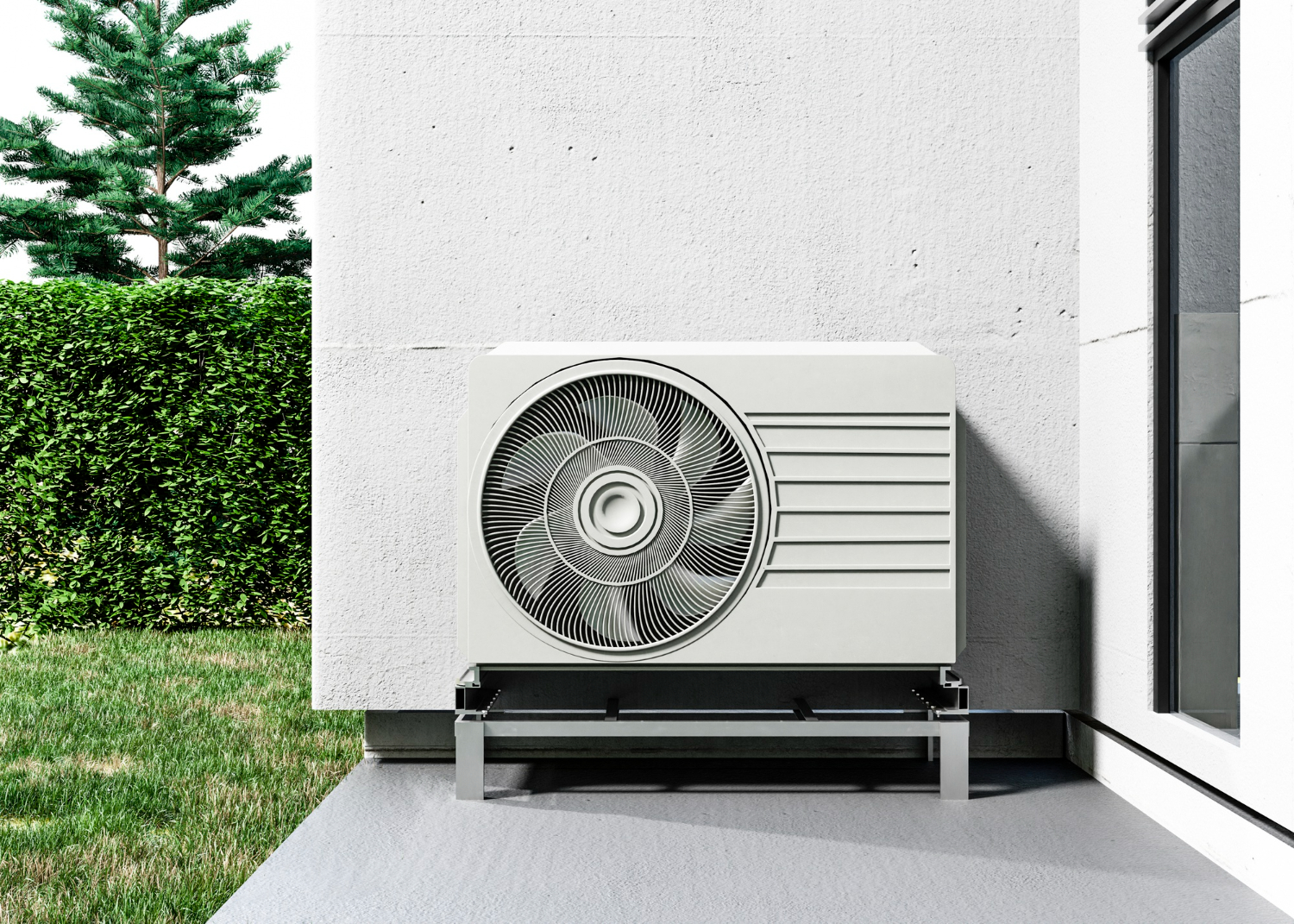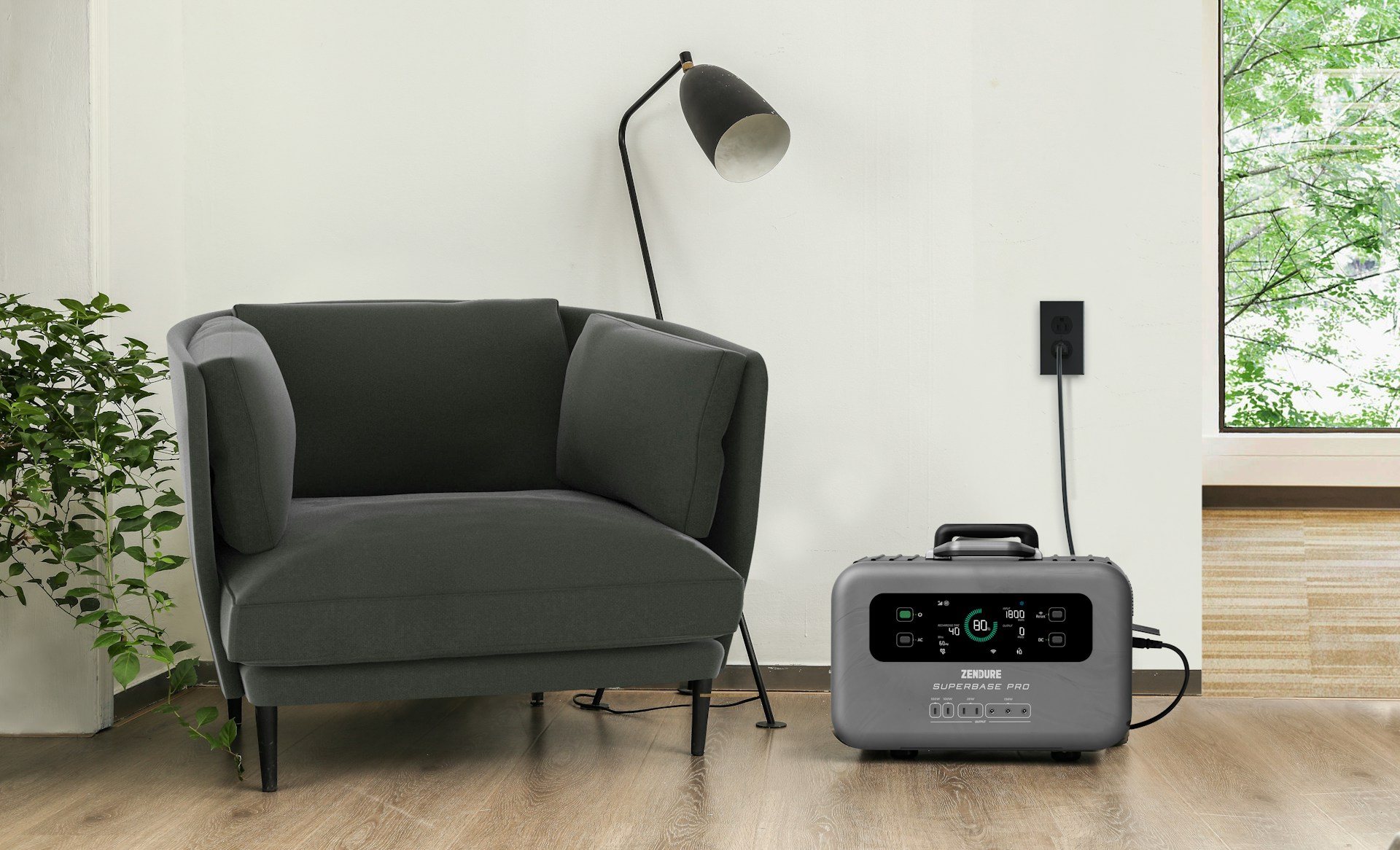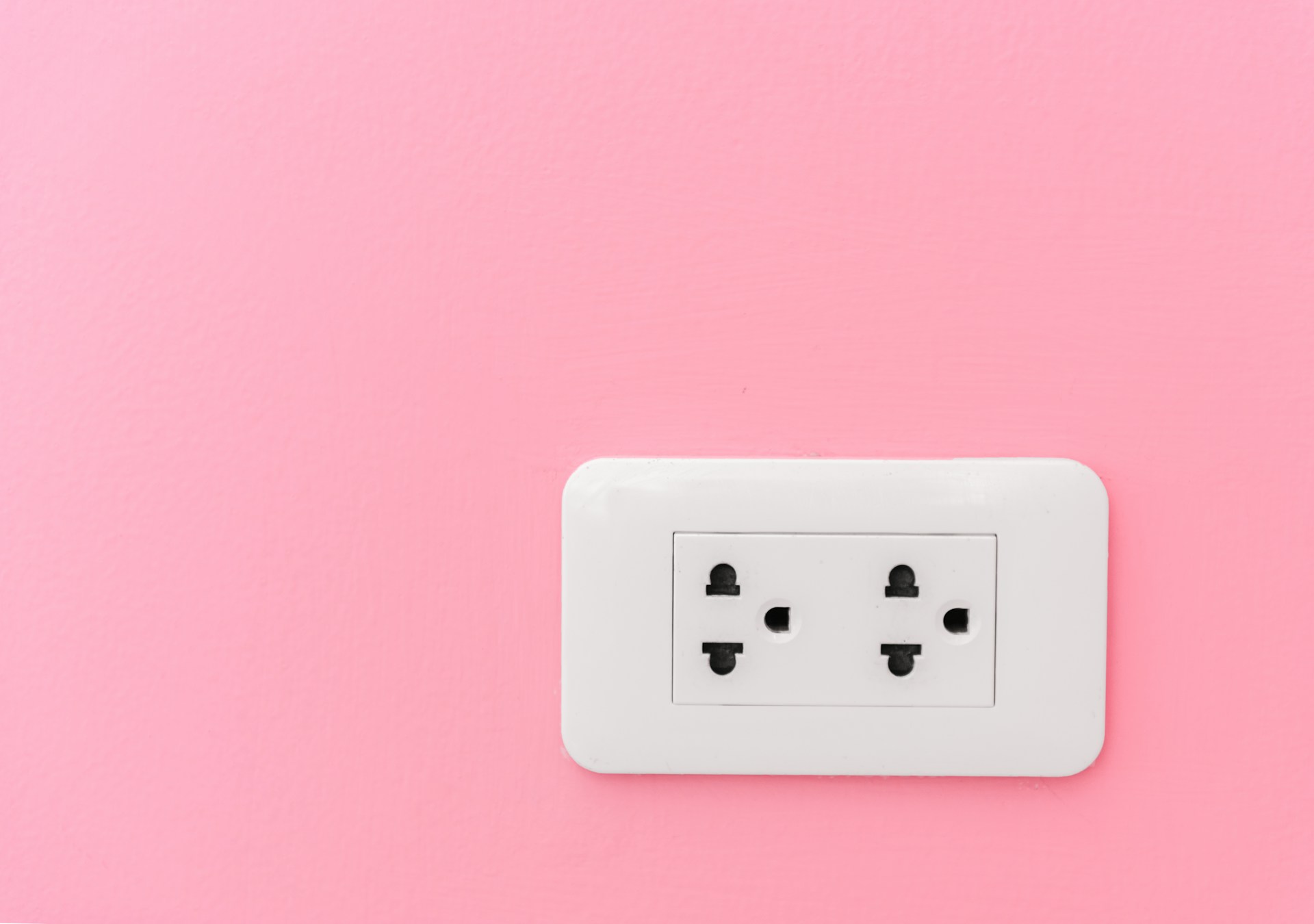
Whole Home Generator Battery Charging Problems: When Autostart Fails

Whole home generators are a dependable safety net when the lights go out. Whether it's due to seasonal storms, equipment failure, or scheduled maintenance by the utility company, having a generator can make a major difference in keeping your household in Concord running smoothly. But as reliable as these systems are, they can still run into issues, especially when they're needed most. One frustrating problem that some homeowners face is a generator that won’t kick on automatically, often caused by battery charging problems.
A generator’s battery plays a key role in starting the system when an outage occurs. If the battery stops charging properly, the autostart function can completely fail, leaving your home in the dark at the worst possible moment. Understanding why this problem happens and knowing what signs to look out for can help you stay one step ahead. This starts with understanding how the battery works and why it’s such a critical part of whole home generators in Concord.
Understanding Whole Home Generator Battery Charging Problems
Battery charging problems don’t usually happen all at once. Often, they sneak up slowly. You might notice the generator cranks slower than usual during its weekly self-test. Or maybe it seems like it’s taking longer for the machine to shut down after starting. These minor performance changes are usually early signs that something isn’t right with the battery or its charging system.
There are a few common reasons a generator's battery might fail to charge consistently:
- Battery age: Over time, batteries lose their ability to hold a charge, even if they aren’t used often.
- Dirty terminals or corrosion: Corrosion buildup on battery terminals can interrupt power flow, stopping the battery from charging properly.
- Loose or damaged wiring: If connections are loose or wires are frayed, electricity won’t pass through the system effectively.
- Faulty charger or inverter: If the unit responsible for supplying charging current to the battery isn’t working, the battery will drain until it's completely dead.
- Poor ventilation around the unit: Excess heat buildup can reduce battery life and impact charging ability.
Once a battery starts having problems, the generator may fail during testing or shut off before it finishes its cycle. It’s also possible for the unit to skip its automatic self-test entirely. If homeowners ignore these warning signs, the autostart feature may fail entirely when the power actually goes out.
One local example involves a family in Concord who hadn’t run their generator in a few months. When a late summer power outage hit, they assumed the machine would turn on right away. It didn’t. After calling for service, it turned out the battery had died due to overheating and a blocked ventilation intake. A few simple checks and some light maintenance could have prevented the issue.
Reasons Why Autostart May Fail
When a backup generator does not turn on during an outage, it's natural to assume something major has gone wrong. But in reality, many autostart failures stem from basic and preventable problems linked to the battery or its supporting systems. Understanding these root causes helps avoid emergency calls and unpleasant downtimes.
Here are some of the most common reasons autostart might fail:
1. Weak or dead battery
This is the leading cause of autostart failure. If the battery is unsecured, aged, or unable to hold a charge, the generator won’t start on its own.
2. Automatic transfer switch not working
The switch might not be sending the signal to the generator due to miswiring or electrical wear and tear.
3. Firmware or software glitches
If there’s a communication error between the generator and its autostart system, it can fail to activate when needed. This is more common in newer digital models.
4. Low fuel or blocked fuel lines
If the generator senses a fuel issue, it won’t attempt to start. Similarly, long periods of inactivity can result in stale fuel blocking startup.
5. Skipped maintenance
Generators need regular attention. Dirty filters, old oil, or internal rust can impact readiness and result in skipped startup tests.
Each of these issues may present silently until it’s too late. That’s why paying attention to your generator’s behavior and performance is so important. By catching small changes early, you can avoid dealing with a full failure when you need your generator most. Regular inspections and performance checks give you the chance to fix minor problems before they turn into full shutdowns.
Troubleshooting Autostart Failures
When your whole home generator's autostart feature stops working, the first step is to stay calm and avoid making rapid assumptions. While it’s frustrating, some of the causes are relatively straightforward to fix with professional intervention. Since these systems are designed to run when needed without hands-on control, any hiccup in the automatic startup sequence needs careful review.
Here’s what our technicians typically check when diagnosing autostart problems:
1. Battery voltage and age
Low or inconsistent voltage often points to either a failing battery or a charging issue. A multimeter reading below the acceptable range signals a clear problem.
2. Charger function
If the charger itself isn’t working, the battery can’t stay ready. Our technicians inspect for error codes or signs of electrical failure in the onboard charging unit.
3. Control panel error messages
Most generators will display a fault code or warning light if there's a functional problem. Reviewing these messages gives clear direction on what went wrong.
4. Transfer switch signal issues
Without a proper signal from the automatic transfer switch, the generator won’t know when to start. Our professionals trace the communication link between the switch and the generator to find breaks or interruptions.
It’s also worth noting that clearing one fault doesn’t always fix the root problem. For example, you might recharge a dead battery, only for it to die again a week later. That’s why it’s important to have trained professionals inspect the entire system rather than guessing and resetting the same code repeatedly.
Once a technician finds the cause, they will repair or replace the faulty component and perform a full cycle test. This ensures the autostart works properly both during self-tests and real outages. Skipping these steps risks running into the same issues again during the next power loss in Concord.
Preventative Maintenance for Battery Health and Autostart Efficiency
A properly maintained generator is far less likely to fail when you need it. Most battery-related autostart issues come down to maintenance being skipped or delayed. Creating a consistent service plan helps reduce the chances of surprise failures during outages.
Key steps to keep your whole home generator in Concord ready year-round:
- Run weekly self-tests and check for alerts afterward. Trouble codes or unusual behavior during these tests can give valuable hints.
- Schedule battery load testing twice a year, even if the unit hasn’t been used. Idle batteries still degrade.
- Keep the generator covered and ventilated. Heat and moisture are two major battery-life killers.
- Inspect electrical connections. Loose terminals, frayed wires, or corroded parts should be replaced before they create bigger problems.
- Replace the battery before it reaches the end of its rated life. Don’t wait for failure.
A homeowner in Concord shared that after three years of smooth operation, they didn’t realize the generator’s charger had quietly failed. By the time an outage hit, the drained battery couldn't start the unit. That incident prompted them to set regular calendar reminders for system checkups, not just for the generator, but for the whole backup power setup.
Preventative care isn't just about the battery either. Checking the fuel system, oil levels, air filters, and control panels are all part of a complete tune-up. When any of these areas go unchecked, it can trigger errors that keep your generator from starting automatically.
Staying Prepared With Whole Home Generators in Concord
Power interruptions can happen suddenly. The difference between hours in the dark and staying comfortable often comes down to whether your generator responds automatically. When the autostart fails, it's usually due to overlooked battery issues, an aging part, or skipped maintenance.
Keeping your whole home generator in Concord reliable doesn’t have to feel complicated. It starts with taking small, consistent steps like checking warning lights, listening for strange noises, and scheduling regular service checks. If anything seems off, it’s always better to contact our professionals before the next outage hits.
Even if your generator hasn’t been used in months, it still needs attention to keep the battery healthy and ready. When installed and maintained properly, these systems provide dependable automatic protection for your home. Being proactive now means having peace of mind when you need it most.
Green Air Heating and Air Conditioning, Inc understands the importance of keeping your power system dependable during outages, which is why staying informed about proper maintenance for whole home generators in Concord can help you avoid unexpected autostart failures. For a quick estimate or to book a service visit, please contact us today.
Customer Testimonials
Our clients love the energy solutions we provide!
Ready to Transform Your Home?
















